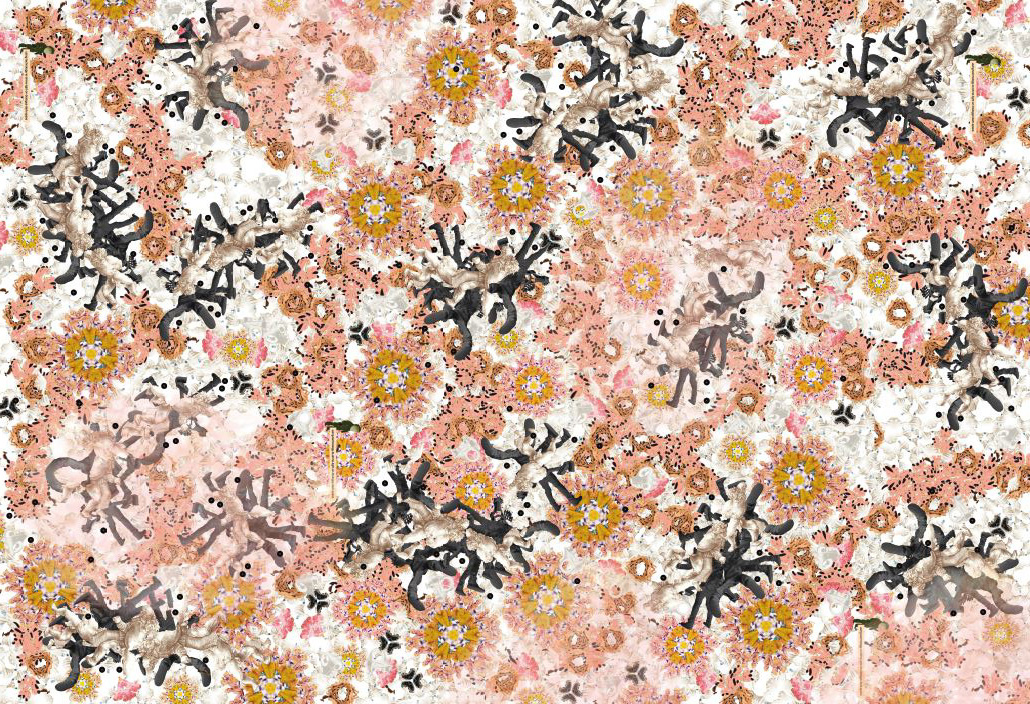Jan 09–13, 2019
(Un-)Learning Place
Jan 9–13, 2019
In English
How to unlearn established modes of referring to the world? As kick-off for the The New Alphabet School, HKW will set up a unique space for gathering, discussion and workshops in January 2019 – an (Un-)Learning Place.
The present is characterized by a crisis of the established epistemic-political order. Outdated categories and terms no longer function. Representational logics fail to grasp the complexity of contemporary phenomena and increasingly global societies, whose change is accelerated by digital infrastructures. In this situation, it is necessary to unlearn established modes of referring to the world and to rethink methods of constructing, situating and criticizing reality.
During the Opening Days of HKW’s new long-term project The New Alphabet , HKW will set up a unique space for gathering, discussion and workshops—a unique (Un-)Learning Place curated by Boris Buden and Olga von Schubert. In the five-day curriculum international participants are invited to take part in (Un-)Learning Tracks to work with curatorial, artistic, or activist strategies in close collaboration with self-organized research collectives and independent artists, researchers and curators.
How do the cultural techniques of archiving, integrating, and classifying transform archived knowledge from within? Can the necro-aesthetics—the presentation of dead beings—in Natural History Museums be reframed by changing museum taxonomies? How do body molecules tell stories of their century-old political suppression and how can they be reread? What are modes of resistance in digital network cultures and how is it possible to navigate through increasingly opaque streams of data and information? What would spaces of learning and unlearning look like in a world permeated by institutional infrastructures of dominance and cultural supremacy? How can a library of African diasporic writing be cataloged without reproducing oppressive categories? And what role does our understanding of the workings and logics of theory and its institutional practice play within?
In five (Un-)Learning Tracks the (Un-)Learning Place seeks out strategies to navigate through the inherent classification and ordering systems of archives, libraries, museums, institutional architectures, and digital networks and offers approaches to situating, negotiating and ‘(un-)learning’ research in artistic, site-specific, poetic, and bodily practices. Together with eight independent curatorial, activist or artistic collectives, and invited guests, the (Un-)Learning Place offers its 80 international participants the opportunity to investigate new strategies for interdisciplinary research and potential crossdisciplinary collaborations in the fields of Translation, Digitality, Archiving, Embodied Infrastructures as well as the Politics of Space and Theory, in order to challenge established perspectives and collectively develop ways of restructuring the order of things.
The (Un-)Learning Place marks the start of the New Alphabet School (2019–2021).
Part of The New Alphabet


